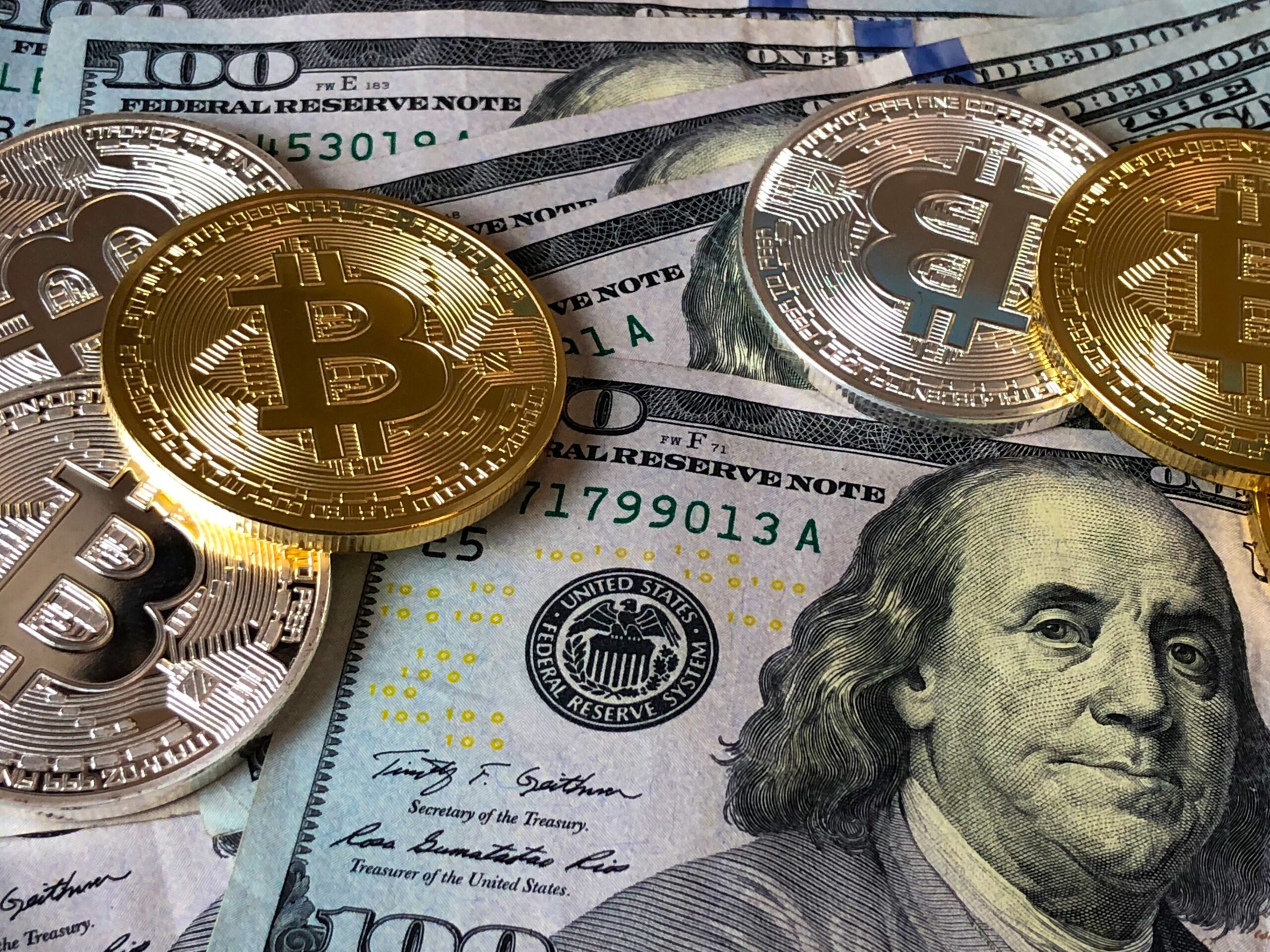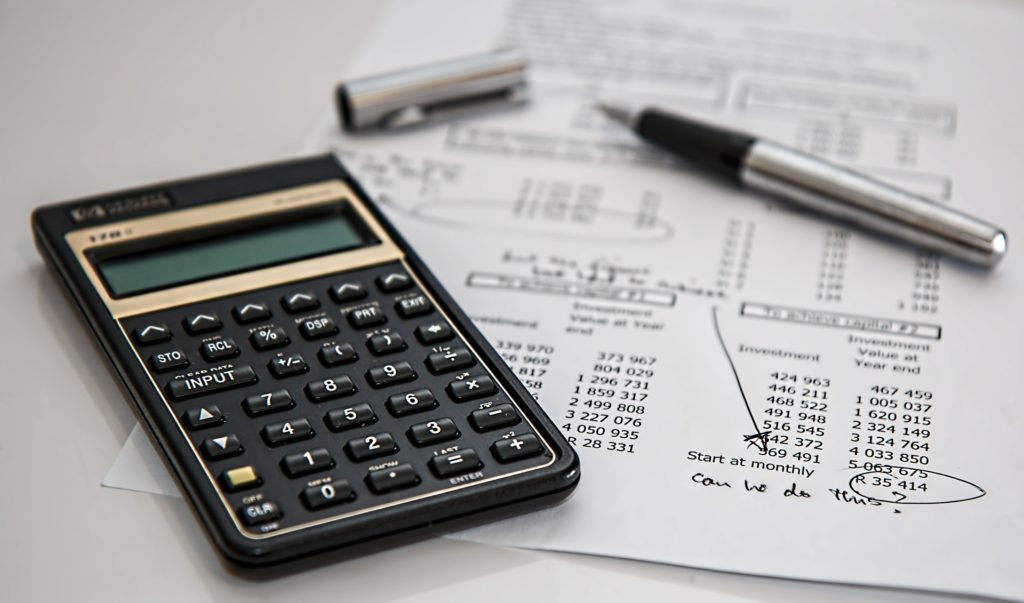
The Infrastructure Investment and Jobs Act of 2021 (IIJA) was signed into law on Nov. 15, 2021. The IIJA includes IRS information reporting requirements that will require cryptocurrency exchanges to perform intermediary Form 1099 reporting for cryptocurrency transactions. Generally, these rules will apply to digital asset transactions starting in 2023.
Existing reporting rules. As you probably know, if you have a stock brokerage account, then whenever you sell stock or other securities you receive a Form 1099-B at the end of the year. Your broker uses that form to report details of transactions such as sale proceeds, relevant dates, your tax basis for the sale, and the character of gains or losses. Furthermore, if you transfer stock from one broker to another broker, then the old broker is required to furnish a statement with relevant information, such as tax basis, to the new broker.
Digital asset broker reporting. The IIJA expands the definition of brokers who must furnish Forms 1099-B to include businesses that are responsible for regularly providing any service accomplishing transfers of digital assets on behalf of another person (“Crypto Exchanges”). Thus, any platform on which you can buy and sell cryptocurrency will be required to report digital asset transactions to you and the IRS at the end of each year.
(more…)
Despite all the gridlock in Washington, as well as an impeachment, the SECURE Act has passed. It changes a number of important retirement plan rules. The act runs over 120 pages, so the experts will be poring over it for some time. Meanwhile, a number of sources have weighed in on what they think are the key provisions. (Note that last-minute alterations and more detailed analysis may lead to additional changes in the coming weeks.)
(more…)
By: Diane Avila
There are three areas where knowing the ins and outs of the traditional IRA distribution rules can make a big difference in how much you and your family will keep after taxes:
